How to Protect Yourself & Your Baby From HIV
News
31/05/2017
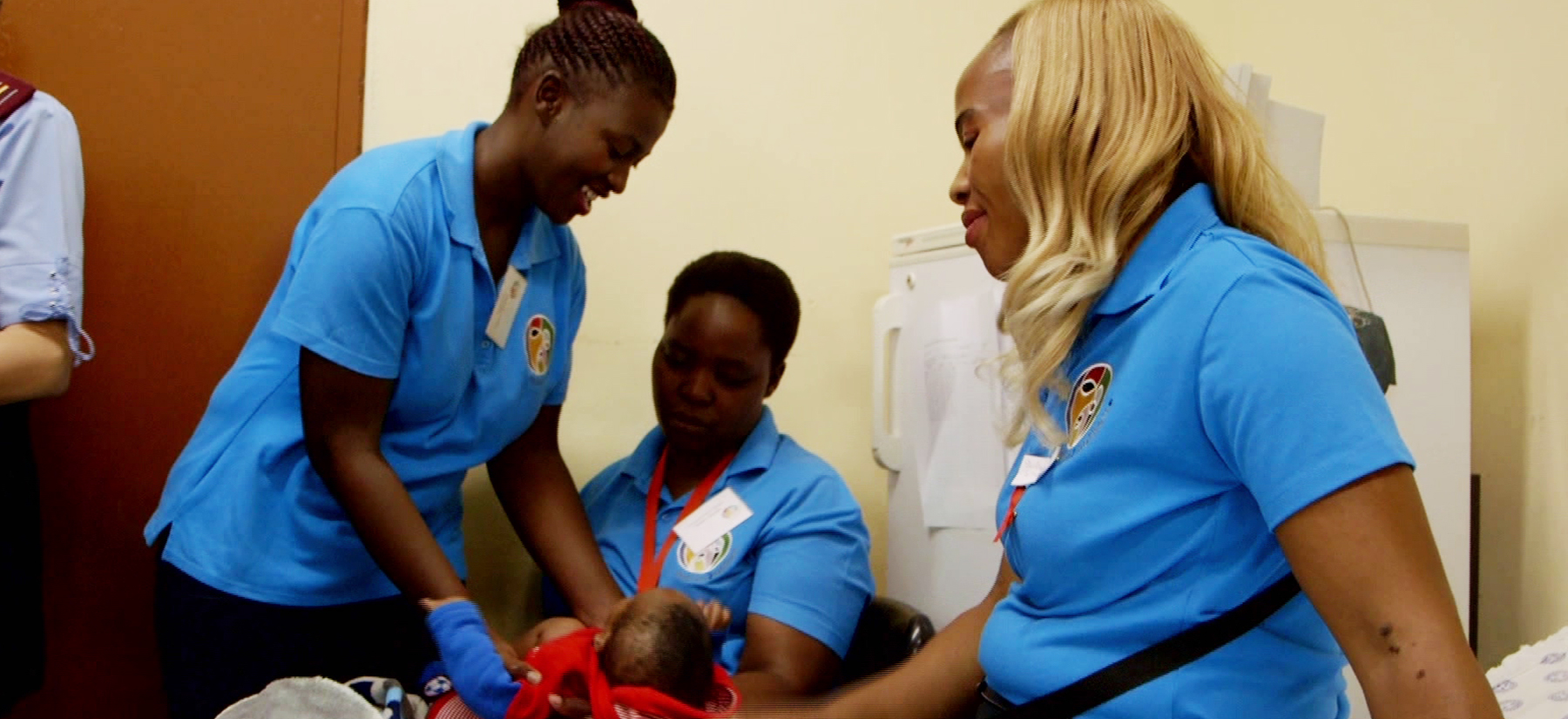
This article was written by Mothers2Mothers, an organisation that empowers local mothers living with HIV to act as frontline health workers, who support and educate women on how they can protect their babies from HIV
16 & Pregnant is coming to South Africa for the very first time. This special one-off documentary will throw light to the reality facing many young girls in SA, as they face up to the challenges of teenage pregnancy. One of those challenges is finding out that you’re HIV positive, and figuring out how to give birth to an HIV negative child.
Knowledge is power, and if you follow the right instructions, take the correct advice, and prepare in advance, then you give yourself the greatest possible chance to give birth to a healthy baby. MTV Shuga Presents: 16 & Pregnant will go live tonight (31st May 2017) on MTV Base (SA) @ 21:30 CAT, & MTV Base (ROA) @ 22:00 WAT. Don’t worry fam,for those of you who miss it, it will be followed closely on YouTube across the world.
Knowing what the right thing to do or where to get the necessary information can be tough, but keep reading below to find out how to protect yourself and your baby from HIV, as well as tuning into the show itself for a first-hand look on how an HIV positive mother tries to deliver an HIV negative child…
THE FACTS
Nearly 7,500 adolescent girls, ages 15-24, are infected with HIV each week, the vast majority of them live in sub-Saharan Africa. 300 babies are infected with HIV each day in sub-Saharan Africa. You don’t have to become one of these statistics. Making healthy choices can protect you and your baby from HIV.
WHAT YOU CAN DO
Make sure you and your partner test for HIV and consistently practice safer sex, always using condoms correctly as well as dual protection. If you are pregnant, test for HIV. Knowing your status, and if HIV positive taking antiretroviral treatment, is the only way to protect your baby from infection and keep yourself healthy. Visit a health centre for antenatal care in the first three months of your pregnancy, and attend at least four antenatal appointments before giving birth. That will give your baby a healthy start.
Disclose your HIV status to your family and partner. We know it’s hard, but letting those closest to you know what your antiretroviral treatment is for will make it easier for you to take it and to follow up with proper choices for your baby’s health.
If you are HIV positive, it is recommended that you feed your baby only breast milk through the first six months while taking your antiretroviral treatment.
Do not give your baby a mixture of breast milk and formula or solids because that makes them much more vulnerable to HIV infection. If you are HIV positive, test your baby for HIV at the recommended times until he/she is 18-24 months and has stopped breastfeeding.
To find out more information and to contact Mothers2Mothers, follow the link HERE. Mothers2Mothers are based in SA, but also offer services in Kenya, Lesotho, Malawi, Swaziland, Uganda and Zambia.
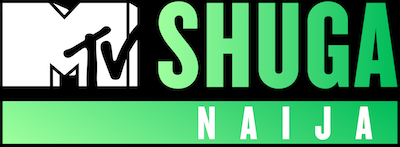
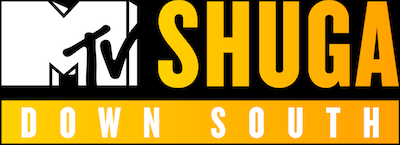
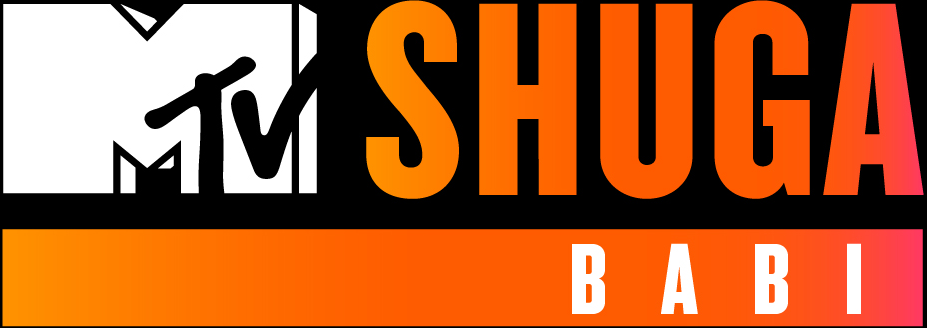




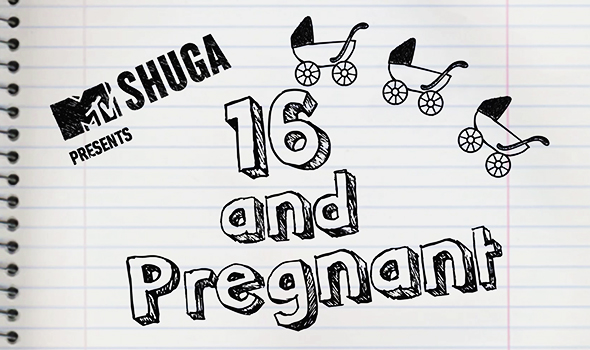
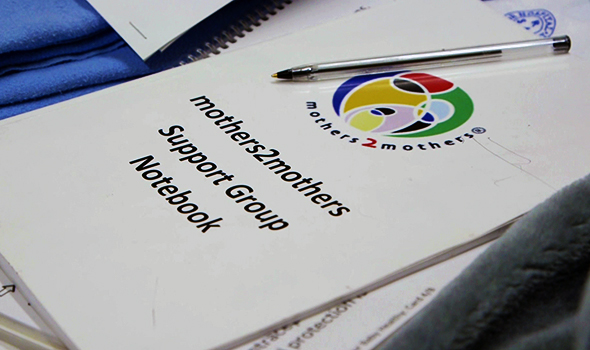
comments (1)
Log In or register to comment